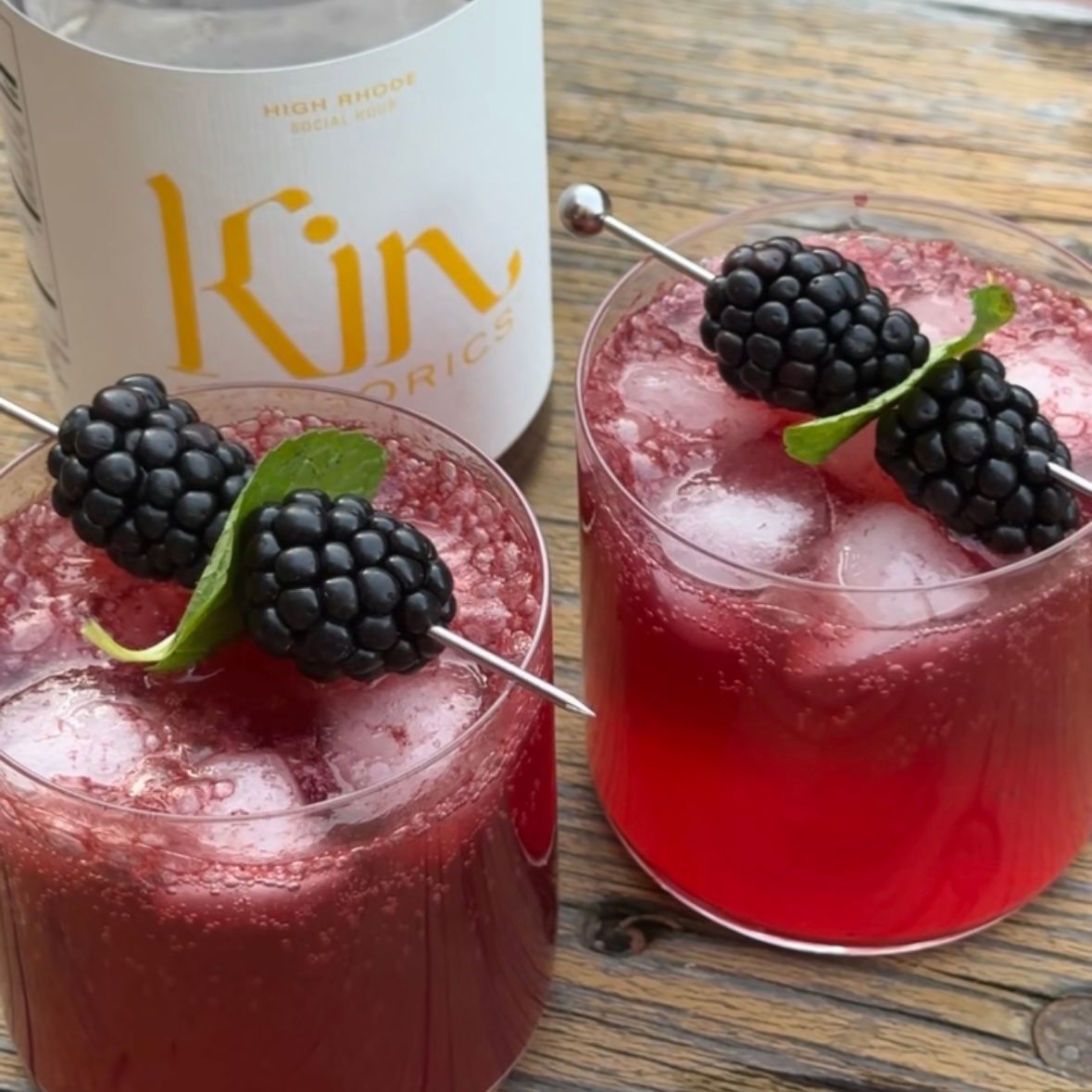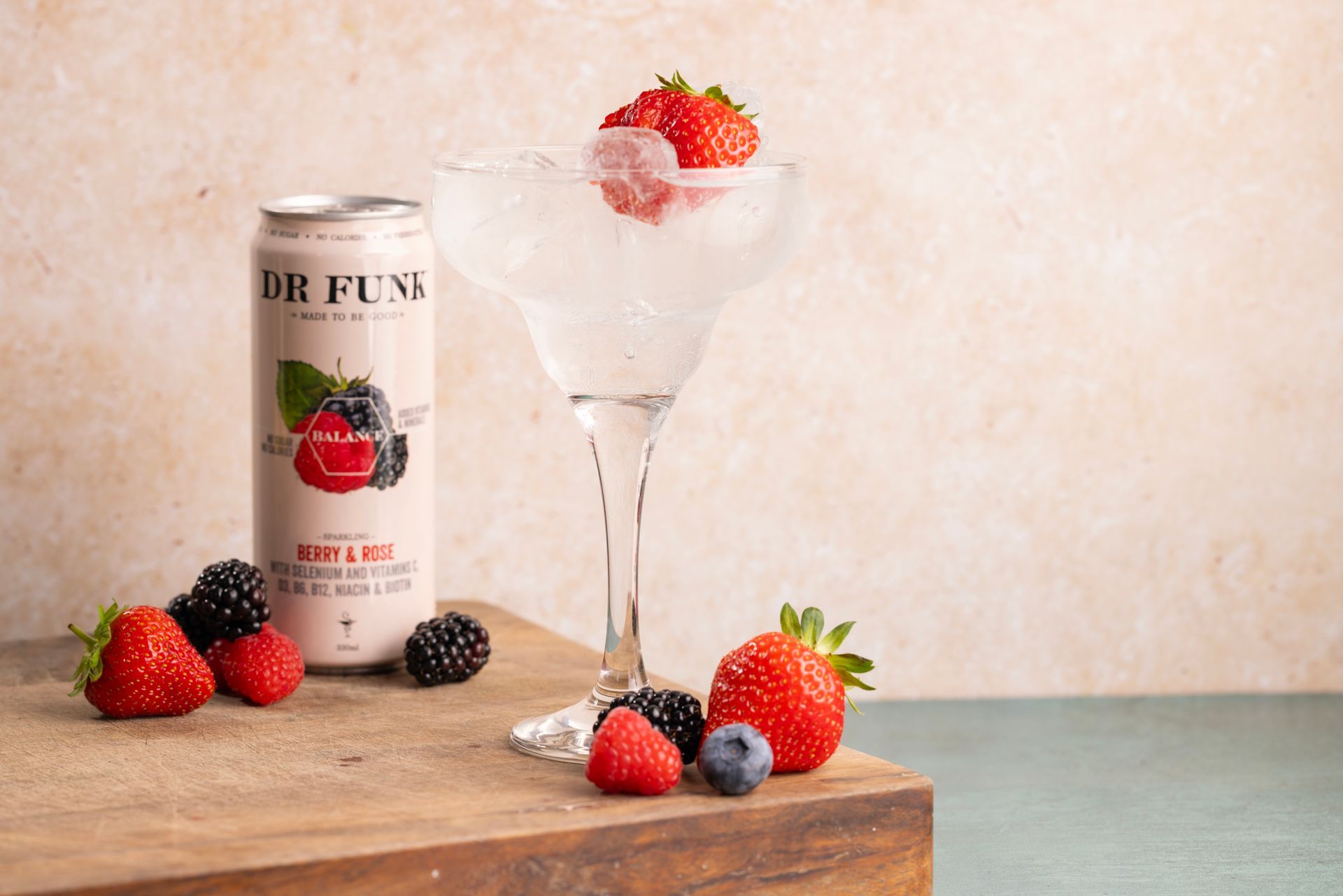01 / 01 / 25
Dry January: Changing Perspectives on Alcohol, One Month at a Time
I’m not sure if you know much about
Dry January—its origins or what it means to “participate” in the Dry January challenge.
All I knew about Dry January was that you give up alcohol at the start of the new year for one month. After you’ve somewhat successfully completed one month of sobriety, you then get to enjoy a long-awaited, preferably chilled alcoholic beverage of your choice.
Around September–October last year, I started to think about this New Year and how I wanted to kick the year off in a positive direction.
So, I started to think more about Dry January and seriously consider getting involved in the challenge. Well, it’s the first of January 2025, and I am pleased to confirm that I am taking part in Dry January.
Dry January was founded in 2012 by
Emily Robinson, then Deputy Chief Executive at
Alcohol Concern. She was inspired by her decision to quit drinking while training for a half marathon. Robinson collaborated with
Alcohol Change UK, which led to the creation of the Dry January campaign, officially launched in 2013. A study by behavioural change expert
Dr. Richard de Visser revealed that
7 in 10 participants reported drinking less six months after completing the challenge, showcasing its lasting impact on habits.
In 2015, Alcohol Change UK partnered with
Public Health England to expand the campaign’s reach. In 2016, they introduced the Dry January & Beyond app to help participants track their progress. This app was later replaced by the
Try Dry app, which, by 2020, had supported over 250,000 individuals in monitoring their drinking habits and reducing alcohol consumption. These tools continue to encourage people to rethink their relationship with alcohol and embrace healthier choices.
Drinking culture in the UK is considered by some to be an integral part of British life. Visiting your local pub or having drinks after work with colleagues often promotes social bonding and community building. It is even said that decisions on promotions and career progressions within workplaces sometimes occur in these relaxed, drink-fuelled environments. However, the prevalence and associated risks of drinking vary across demographics. Recent findings from the
Health Survey for England 2022 shed light on these habits and their potential risks.
The survey explored alcohol consumption among participants aged 16 and over, using the
Alcohol Use Disorders Identification Test (AUDIT) and computer-assisted interviews. Key findings revealed that 55% of men and 42% of women drank alcohol at least once a week.
Additionally, 32% of men and 15% of women consumed alcohol at levels posing increasing or higher risk of alcohol-related harm. Risky drinking behaviours and potential alcohol dependency were found to be most prevalent among those aged 16–24.
Participating in Dry January and abstaining from alcohol for just one month can significantly reduce short-term risks and encourage more moderate drinking habits afterward. The campaign raises awareness about the dangers of excessive drinking and inspires individuals to reflect on their relationship with alcohol.
If you’ve made it this far, I’m guessing you’re at least a little curious about giving Dry January a go? Or maybe you’re just starting to think about how alcohol fits into your life. Either way, showing interest is a fantastic first step! To help you get started, check out the links below for simple, tasty mocktail recipes you can whip up at home in honour of Dry January:




